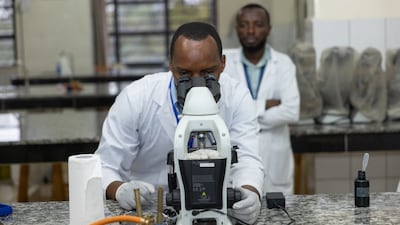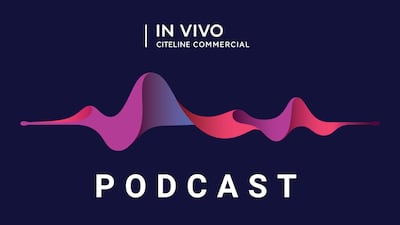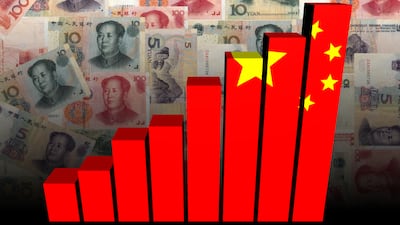Global Vision

BMS has launched a new cancer drug access program for low-to-middle income countries, focusing on addressing health inequities and widening accessibility.

A public interest group has accused the pharma major of using excessive pricing to bolster sales of blockbuster Humira, consequently damaging the health of Dutch patients.

APrevent, a laryngeal implant developer from Taiwan, was named the overall winner of the annual MedTech Innovator APAC accelerator award for 2024. Awards managing director Fredrik Nyberg talked to In Vivo about the rising importance of the APAC region’s hub of companies providing innovative medtech.

The potential of the UK’s life sciences sector continues to be critically misunderstood and should be the cornerstone of both society and the economy, according to Teva’s CEO Richard Francis.

New rules on health technology assessments in Spain make room for real-world evidence and early dialog.

Industry veteran Miguel Forte navigates new kid on the block Kiji Therapeutics into the clinic to prove cell therapy manufacturing doesn’t need to decelerate commercial viability.

After 10 years of promised investment following its Nobel Prize for iPS cell research, Japan is cautiously narrowing regulations around the conditional approval of cell therapies and cutting some reimbursement prices. Commercial success remains mixed and some products have been withdrawn from the market.

Despite increased openness by regulators and technological progress, the adoption of alternatives to animal testing remains challenging. The need for data validation by agencies and companies is a big factor.

Taylor Wessing investment partners share their thoughts about market trends, the surge in AI interest and the new UK government’s approach to the life sciences agenda.

The recent Women in Advanced Therapies Global event, delivered via an interactive 24-hour platform, hosted a number of biopharma speakers who drew on personal and industry-wide experiences, all aligned by a desire to break biases.

Novartis leads the fight against malaria, pioneering innovative studies in sub-Saharan Africa to combat parasite resistance to current antimalarials.

With ustekinumab biosimilars set to launch in Europe imminently and in the US early next year, the off-patent industry may be wondering whether it will be in for a rerun of its experiences with competition on Humira – or whether the landscape has changed sufficiently to allow for different pricing and uptake trends.

Ali Pashazadeh, CEO, chair and founder of Treehill Partners discusses the need for increased communication between biotech and biopharma.

Medtech companies have typically seen a “mixed picture of growth” in China in the past year or two, but it is a market that requires ongoing commitment, a panel of experts argued at the MedTech Forum 2024.

Poland is slowly expanding beyond its position as a central European generics hub. More established companies are adding innovative medicine pipelines and a small number of biotechs are making international deals.

According to China Pharmaceutical Innovation and Research Development Association, in the first quarter of 2024 a total of 44 cell therapies in the domestic cell therapy field made clinical application progress, including 28 immune cell therapies and 16 stem cell therapies.

Sandra von Meier, head of business development and licensing at Debiopharm explains how the company’s distinctive licensing business model is helping bring new drugs to market.

Medical devices selected for use in the Guangdong-Hong Kong-Macao Greater Bay Area may potentially be fast-tracked for adoption across mainland China, according to a new industry white paper.

After decades of lackluster start-up innovation despite award-winning science, Japan’s government and big pharma players are taking steps to spur biotech growth.

Estonia is hoping to create a brighter future by attracting leading startups to its borders, a process that will bring tax revenues, jobs and infrastructure.